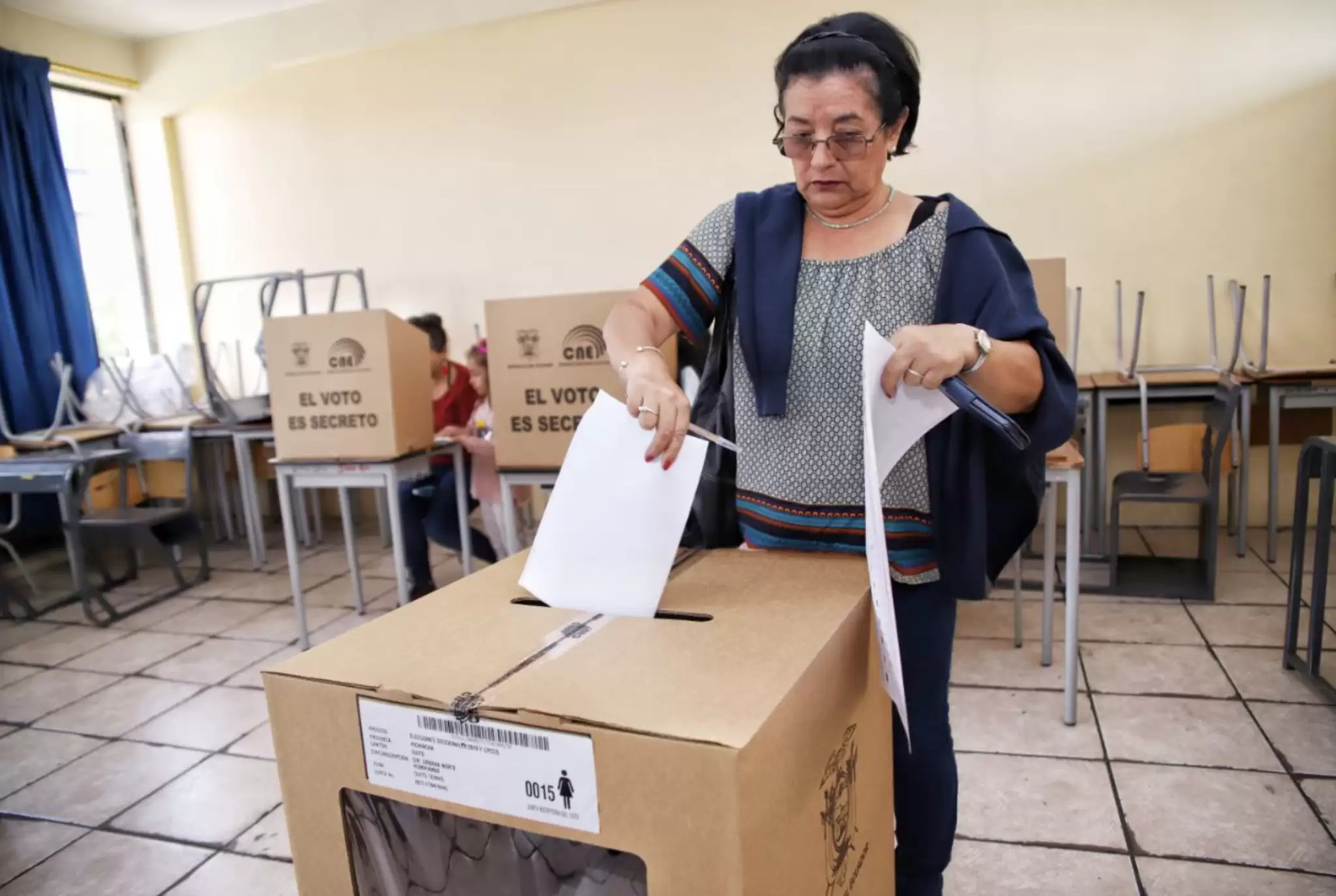Next February, Ecuador will try a new political reform exercise to modify the balance between participatory democracy and representative democracy established in the 2008 Constitution. There, a fifth function of the state was indicated, that of transparency and social control, by means of which the legislature is substituted in terms of the function of appointing the heads of control bodies. The Council for Citizen Participation and Social Control (CPCCS), which assumed these functions, proved to be inefficient and vulnerable to all kinds of pressure. The popular consultation called by the Government for February 5th aims at changing this situation. However, the path adopted does not seem to be the most suitable.
The 2008 Constitution establishes three modalities of constitutional political change: the reform, which is dealt with by the Assembly and requires, for its approval, two-thirds of its members; the amendment, which is dealt with by means of plebiscite or popular consultation; and the Constituent Assembly. The first two cannot change the structure of the state or affect rights, while the third can introduce these deep modifications.
In fact, a fundamental reform would have to do with the installation of a Constituent Assembly, but the regime discards this possibility and opts for a path that combines the modalities of constitutional reform and amendment. The questions are grouped into three main thematic axes: security, institutionalism, and environment. The first two are aimed at strengthening the state in the fight against organized crime through the introduction of extradition in cases of transnational crimes and the strengthening of the Public Prosecutor’s Office. To this end, it promotes its autonomy with respect to the Judiciary Council.
Questions three and four are aimed at reducing the size of the Assembly and demanding greater requirements for the registration of local movements, in order to reduce political fragmentation and localism. Questions five and six are directed toward the modification of the selective processes in the integration of the CPCCS, as well as the control bodies (Comptroller’s Office, Attorney General’s Office, Public Defender’s Office, Electoral Council, Judiciary Council, Superintendencies and others). Finally, questions seven and eight are oriented towards the improvement of environmental governance through the control of water sources and compensation for those who protect environmental assets.
The consultation would seem to warn that the central problem of institutionalism lies in the deficits in the political system’s capacities. Currently, the political actors are not functional to the increase in decision-making power to reduce social asymmetries and generate welfare and economic growth. The decisions adopted by the Assembly respond to the particular interests of power groups and, often, to mafia or criminal structures. The institutional design generates fragmentation and is not conducive to the consensual production of policy.
The same problem, but at a different institutional level, arises when it comes to defining the logic of political control. The design of the system emphasizes the right of access to the decision-making process and creates the impression that the system is open to strengthening participatory democracy and receiving the participation of citizens interested in joining the control bodies. However, in doing so, it ends up neglecting responsibility in terms of decision-making; the citizen who is a member of it is responsible only to himself and not to society or to the institutions that make it up.
The limited legitimacy of the officials’ origin of these bodies makes them susceptible to influence by de facto powers that do not derive from political representation. This process ends up blocking institutional functioning or, failing that, judicializing politics by indiscriminately using the resources guaranteeing the protection of rights. The anti-representation line present in the Constitution of Montecristi here reveals the seriousness of its effects.
Although the relevance of the issues and questions is recognized, the changes and modifications proposed by the consultation are not clear and forceful, this can be seen both in the timid reform to the system of political organizations, and in the ambiguous and undecided transfer to the powers’ legislature of the CPCCS; the dichotomy between national parties and local movements is maintained, the reform aims more at the quantitative than the qualitative; It is not enough to reduce the size of the legislature or to demand affiliation thresholds for the movements; it would be a matter of eliminating this dichotomy and strengthening the parties as monopolies of representation, encouraging their presence in the local spheres to reduce localism and clientelism, but the consultation does not clearly define these substantive and crucial aspects in the selective operation of the political system.
It would be recommendable to strengthen the legitimacy of origin in the processes of the nomination of control authorities, in which the legislature can regain protagonism, and work on the reconfiguration of representation, closing, however, the cycle of anti-politics that characterized the institutional design of Montecristi.
All this would imply determining more clearly the role of civil society (academia and professional associations), which could act as an instance or filter of technical and professional mediation. So, together with mechanisms of open citizen contestation, the selective capacities of the system could be improved. However, these lines of reform are not properly formulated in the consultation.
It is likely that institutional reform should await better conditions, in order to allow for a more thorough examination of the entire institutional framework. But, this would require a Constituent Assembly, which, under current conditions, would seem inviable.
*Translated from Spanish by Janaína Ruviaro da Silva













